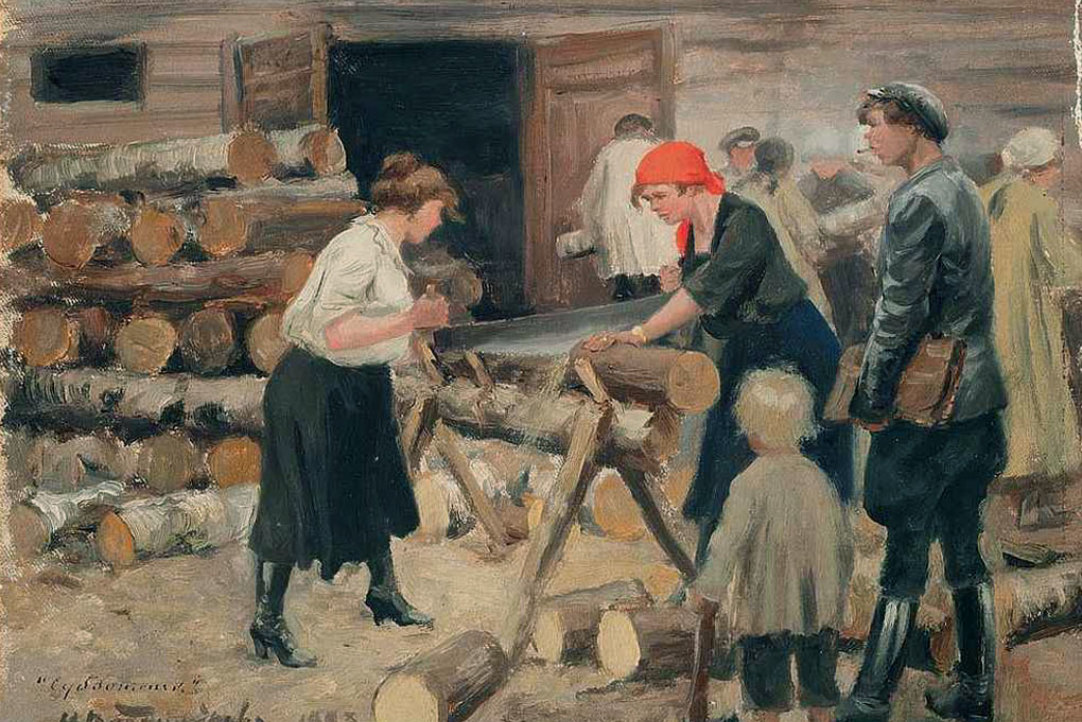Socialism on the Steppe: How Soviet Specialists Changed Life in Mongolia
‘We tried to give them a bright future.’ These are the words of engineers, construction workers, geologists, doctors and other specialists from the former Soviet republic regarding the years they spent in Mongolia. Those Soviet-era specialists are still united by the memory of trying to build something on such a grand scale and then seeing the whole project collapse. More than 100 members of that community agreed to be interviewed in-depth by political scientist Alexei Mikhalev. Here, he shares information from their collective memory with IQ.HSE.

Responsible Airlines: Some of Them Care about Minority Rights, while Others Just Survive
Airlines use a variety of different methods in order to win their passengers’ loyalty and demonstrate their public prominence. An air company’s social policy, active or indifferent, largely depends on the company’s home region, believes HSE expert Natalia Goncharova. On the basis of her research, the IQ.HSE editorial office determined seven types of global airlines.

‘Green’ Taxes: An Analysis of Climate Policy Effectiveness
It is believed that carbon dioxide emissions into the atmosphere are mainly regulated by ‘direct’ economic instruments - the carbon tax and the Emissions Trading System (ETS). However, a comparative analysis has shown that ‘indirect’ instruments, such as excise taxes on motor fuel and other energy taxes, did not yield any lesser impact than their ‘direct’ counterparts, and, over time, were even more effective.

Inherited Altruism: How the Family Supports the Culture of Volunteering
The main channel for transmitting the value of volunteerism in Russia is from parents to children, HSE University researchers have found. Younger generations in families begin helping others as they grow up, following the example set by their elders.

Work That Kills: The Danger of Nonstandard Working Schedules
More than 64% of employed Russians work evenings, nights or weekends, and this is one of the highest figures among European countries. Andrei Shevchuk and Anna Krasilnikova were the first to study the extent of nonstandard working hours in Russia and its impact on work-life balance.
State Capacity: How It Is Measured and Compared
‘State capacity’ refers to a state’s ability to make and effectively implement decisions in domestic and foreign policy. In a study, HSE University political scientists evaluated the state capacity of 142 countries. Based on their findings, the researchers created and trialed a state capacity index, identified eight models of state capacity, and compiled a general international ranking.
.jpg)
Introduction to Daurian Gothic: What It Is and How It Has Emerged in Transbaikalia
Medieval horror, vampires, sorcerers, mysterious monks and the rising dead, alongside real historical figures and stories about the Russian Civil War wrapped in the aura of mysticism – this is perhaps the shortest formula for Daurian Gothic. Alexei Mikhalev, Doctor of Political Science, discusses this phenomenon and its evolution.

HSE Scholars Propose New Method for Measuring Individual Well-being
Their initial tests were carried out with football fans, by measuring their emotional state. It turned out that, on average, uncertainty about a match result can increase the probability of unhappiness by 13.6%. The results of this study were published in the Journal of Happiness Studies.

DNA Secondary Structures Lead to Gene Mutations that Increase the Risk of Cancer
Researchers have used machine learning to discover that the two most widespread DNA structures — stem-loops and quadruplexes — cause genome mutations that lead to cancer. The results of the study were published in BMC Cancer.

Personality at Work
The way one thinks, feels and acts in certain circumstances can determine career opportunities in terms of employment and pay. For the first time in Russia, Ksenia Rozhkova has examined the effect of personality characteristics on employment.


Registration is open until October 4, 2025